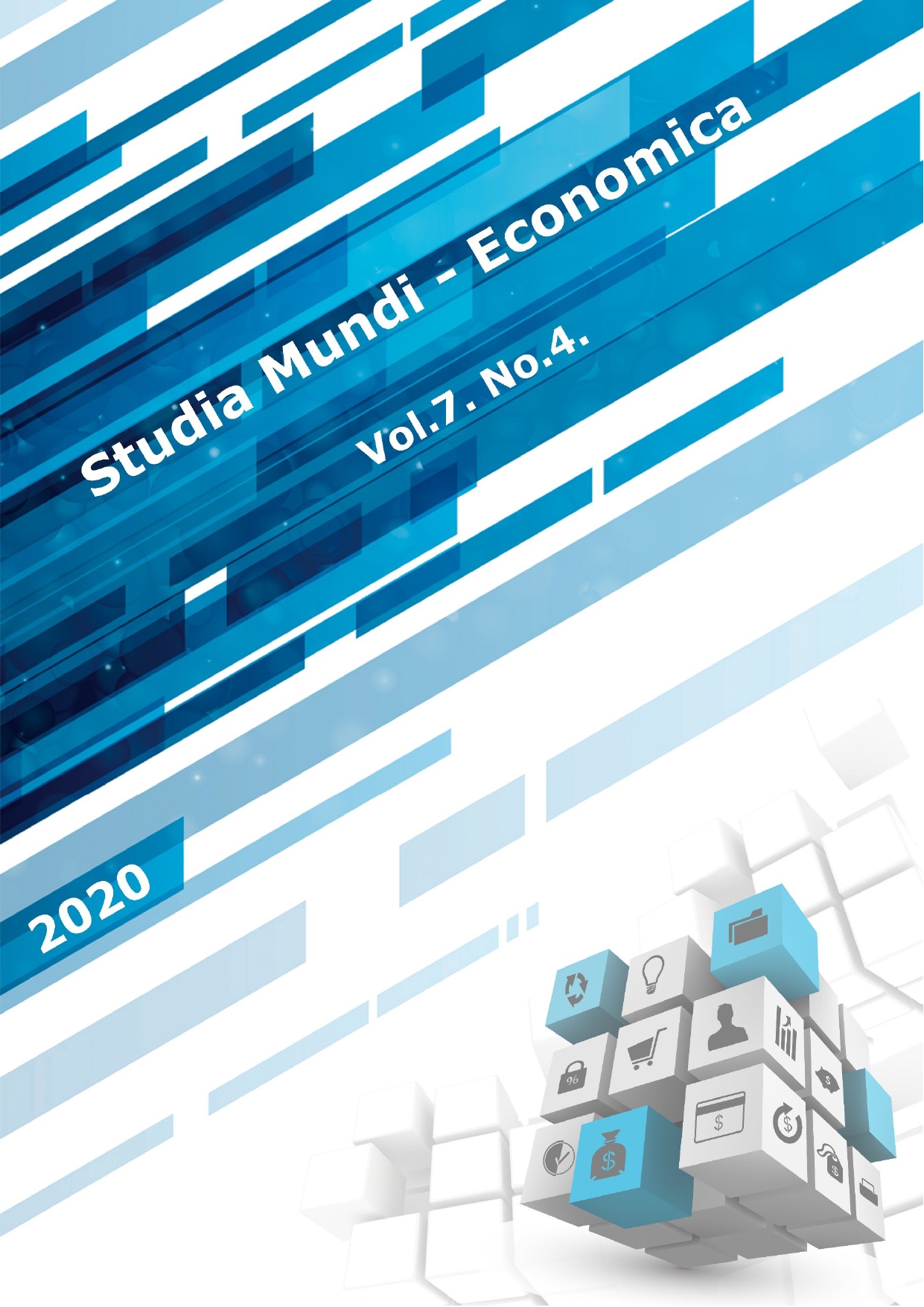Framework for corporate solar energy production
DOI:
https://doi.org/10.18531/Studia.Mundi.2020.07.04.24-33Keywords:
napenergia termelés, napenergia jogi környezet, KÁT, METÁRAbstract
The production and use of solar energy is increasingly important not only in the private or institution sector, but in the corporate sector as well. However, there are still some elements in the regulatory system that need to be optimized. In our study, we intend to highlight these elements, and to make proposals for improving the effectiveness of those processes that currently pose a challenge for the operators. In addition to an overview of the regulatory system, in the course of decision shaping, we propose the possibility of using vanadium battery as a solution for energy storage, since this technology may be suitable for use under the climate conditions of our country, bot in case of the FIT (feed-in tariff) and the RESS systems (renewable energy support scheme).
References
Fenyvesi N. (2018): Napenergia hasznosításának jogi aspektusai, Doktori értekezés, PTE
Haffner T (2018): A magyar energiapolitika helyzete és kihívásai – a megújuló energiaforrások alkalmazásán alapuló energiapolitika megteremtésének lehetősége. Doktori értekezés, PTE.
Hegedüs K. (2018): Földgázfüggőség, levegőszennyezés és energiafüggőség Magyarország példáján keresztül. Doktori értékezés BCE
Honvári P. (2018): Rurális innováció? A vidéki önkormányzatok szerepe a megújuló energiák hasznosításában, Doktori értekezés, SZE
https://www.mvmpartner.hu/hu-HU/Szolgaltatasok/Villamos-energia/Erdekessegek/Vanadiumos
Nagy Molnár M. -Lendvay E. (2018): New method to support decision making process in the local economic development of Hungary. REGIONAL STATISTICS 8: 2 pp. 69-91.
Nagy O. (2017): A megújuló energia jogi szabályozása és hatékony használata a klímaváltozással összefüggésben Doktori értekezés, DE
Nagyné Molnár M. (2013): Factors of success in case of local society. DETUROPE: CENTRAL EUROPEAN JOURNAL OF TOURISM AND REGIONAL DEVELOPMENT 5: 3 pp. 63-70.
Péli, László; Neszmélyi, György Iván (2015): Territorial Differences Of Rural Cities And The Development Of Transport Infrastructure In Hungary. ROMANIAN REVIEW OF REGIONAL STUDIES: JOURNAL OF THE CENTRE FOR REGIONAL GEOGRAPHY 11: 2 pp. 69-84., 16 p. (2015)
Ritter K. (2014): Possibilities of local economic development (LED) in lagging rural areas. Acta Carolus Robertus 4. (1) pp. 101-108. ISSN 2062-8269
Ritter K. (2018): Special features and problems of rural society in Hungary. Studia Mundi - Economica 5. (1) pp. 98-112. ISSN 2415-9395 DOI: https://doi.org/10.18531/Studia.Mundi.2018.05.01.98-112
Ritter, K. (2010): Socio-economic development and employment crisis in agriculture in Hungary. pp. 72-89. In: Kulcsár, L. (Ed.): Regional aspects of social and economic restructuring in Eastern Europe: The Hungarian Case. Budapest: KSH. ISBN 978-963-235-293-0
Downloads
Published
Issue
Section
License
Copyright (c) 2020 Bencző László, Tóth Tamás, Takács Péter, Baranyai Gergő

This work is licensed under a Creative Commons Attribution-NonCommercial-NoDerivatives 4.0 International License.
A folyóirat Open Access (Gold). Cikkeire a Creative Commons 4.0 standard licenc alábbi típusa vonatkozik: CC-BY-NC-ND-4.0. Ennek értelmében a mű szabadon másolható, terjeszthető, bemutatható és előadható, azonban nem használható fel kereskedelmi célokra (NC), továbbá nem módosítható és nem készíthető belőle átdolgozás, származékos mű (ND). A licenc alapján a szerző vagy a jogosult által meghatározott módon fel kell tüntetni a szerző nevét és a szerzői mű címét (BY).






